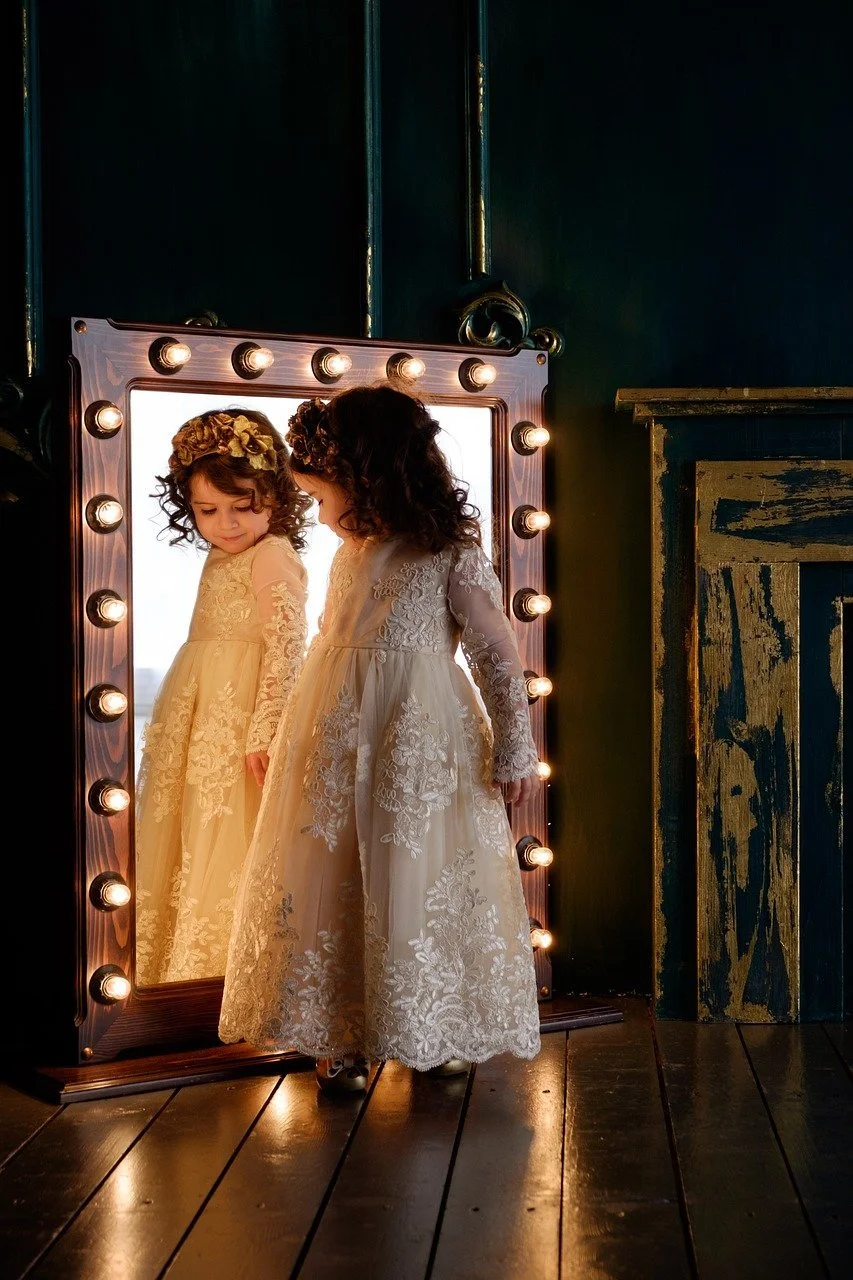Source: https://pixabay.com/users/marvelmozhko-6693180/
I often work with clients facing major life transitions, and many of them say something along the lines of “I don’t know who I’ll be when I’m not doing this job any more.” They have gotten me thinking about a lot about identity and about how our occupation sometimes becomes completely synonymous with our sense of who we are.
The online Oxford English Dictionary offers this definition for identity: “Who or what a person or thing is; a distinct impression of a single person or thing presented to or perceived by others; a set of characteristics or a description that distinguishes a person or thing from others.” The identity or identities we hold shape our sense of how and why we matter in the world.
My dad was a dairy farmer, and he possessed a strong sense of identity. He built our farm from the ground up, starting with a couple of 4-H show cattle when he was in high school. He managed to continue farming while he attended college full-time, and after college, he began building the dairy operation in earnest.
Daddy believed that farming was a sacred calling, and he would have agreed with Thomas Jefferson’s judgement that “Those who labour in the earth are the chosen people of God, if ever he had a chosen people.” He considered his identity as a farmer as something that set him apart from people who did other types of work, and he assumed (correctly, I think) that people who did other types of work would not understand his world. And no wonder. Farming is all-consuming in a way that few other jobs are. Livestock farming in particular requires a level of 24-7 commitment that doesn’t appeal to many people. (Much of my historical research studied farmers, and pretty much all of them shared my dad’s sense that “farmer” was a unique and special identity.)
In 1994, my dad’s brother and also his partner in the farm decided to take an off-farm job. My uncle wanted my dad to buy him out, leaving Daddy little choice except to liquidate the dairy operation. He was 54. He was devastated. He could not imagine himself as anything but a farmer. Like my clients, he wasn’t sure who he was if he was not a farmer.
Lots of occupations don’t encourage practitioners to build their entire identity around the work, but some do. For many people, medicine is like this. Academia also encourages this complete identification with the work. In graduate school, I was steeped in the notion that I was a historian and that everything else in my life should be subordinate to my role as a professor of history. And for many years, I lived that way. The trouble was that this all-consuming identity made it hard for me to imagine ever doing anything else. I wasn’t sure who I would be if I weren’t a professor. Would I still be of value to the world? Many of my colleagues found it nearly impossible to retire because they had no sense of identity beyond being a professor.
James Clear, the author of the excellent book Atomic Habits: An Easy and Proven Way to Build Good Habits and Break Bad Ones (Avery Books, 2018), says, “The tighter we cling to an identity, the harder it becomes to grow beyond it.” He adds, “The more you let a single belief define you, the less capable you are of adapting when life challenges you. If you tie everything up in being the point guard or the partner at the firm or whatever else, then the loss of that facet of your life will wreck you.”
To continue growing—to meet the challenge of moving on with his life—my dad had to develop a sense of who he was besides a farmer. When I decided to leave academia, I also had to see myself as someone whose identity was more multi-faceted than simply being a professor. It took time.
Clear says that it’s important “to avoid making any single aspect of your identity an overwhelming portion of who you.” My Twitter bio used to read “historian.” Nowadays it reads: “Life and Career Coach for Academics and People in Transition, Writer, Historian, Cat Servant.” If I had unlimited space, I would probably add: wife, daughter, sister, friend, listener, reader, walker, and yogi.
What about you? Do you need to broaden your sense of identity?


